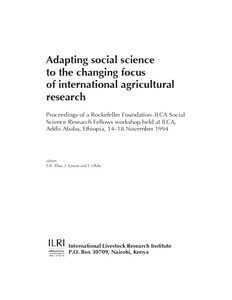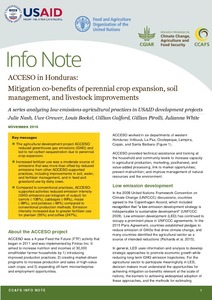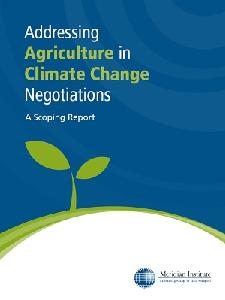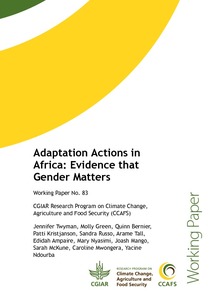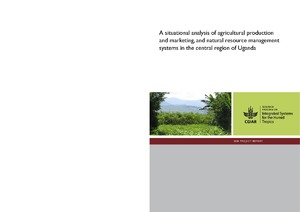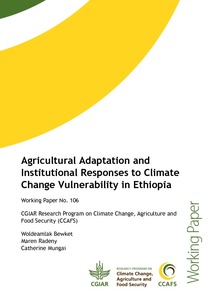Adapting social science to the changing focus of international agricultural research. Proceedings of a Rockefeller Foundation-ILCA social science research fellows workshop
The papers in this proceedings provide a cross section of science research in international agricultural research centres (IARCs), where the objectives and research foci within the Consultative Group on International Agricultural Research (CGIAR) have changed substantially in the 1990s. The book is divided in five sections. The first explores priority setting and research evaluation of commodity programmes. The second looks at institutional issues. The third explores issues related to commodity policies and food security.

